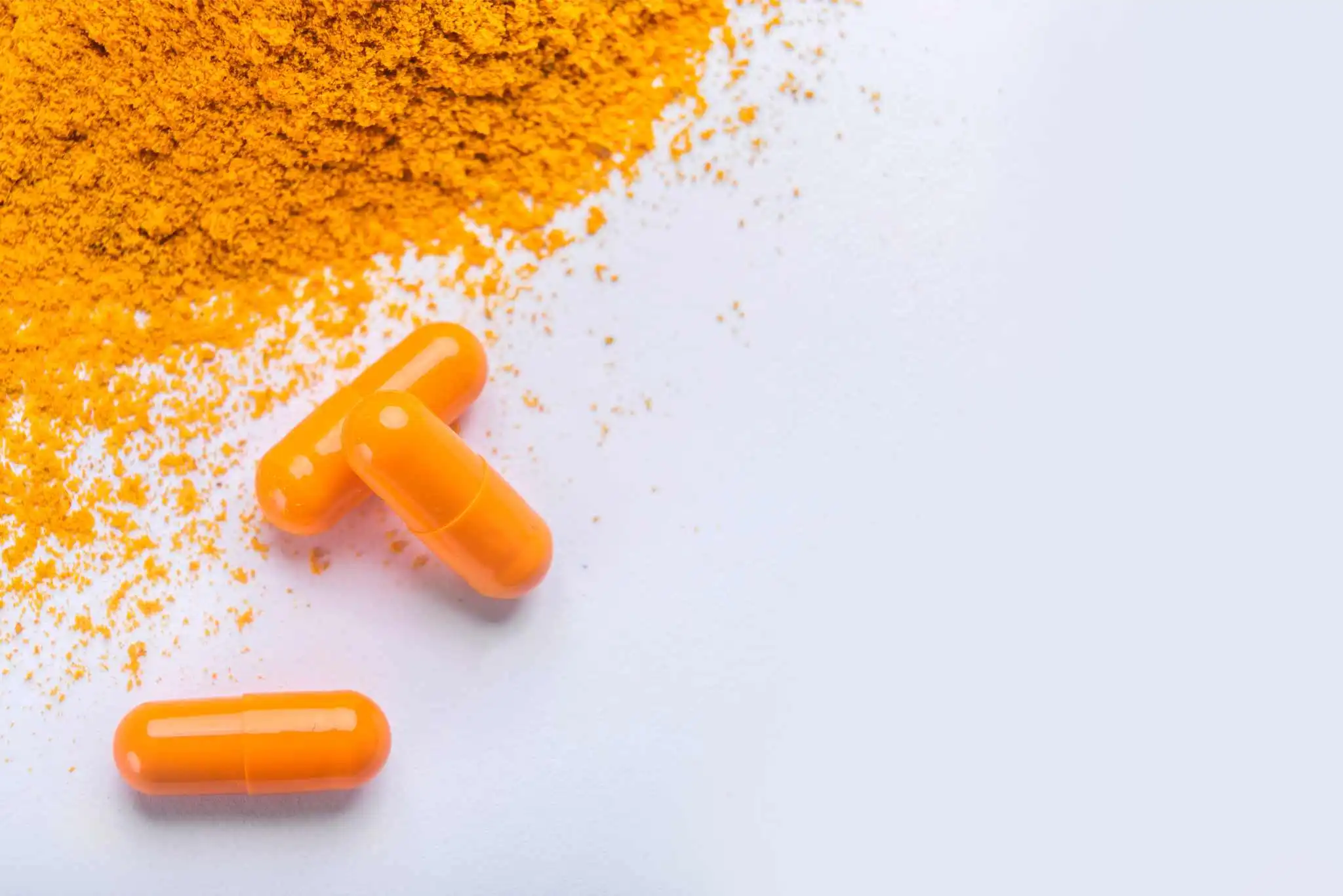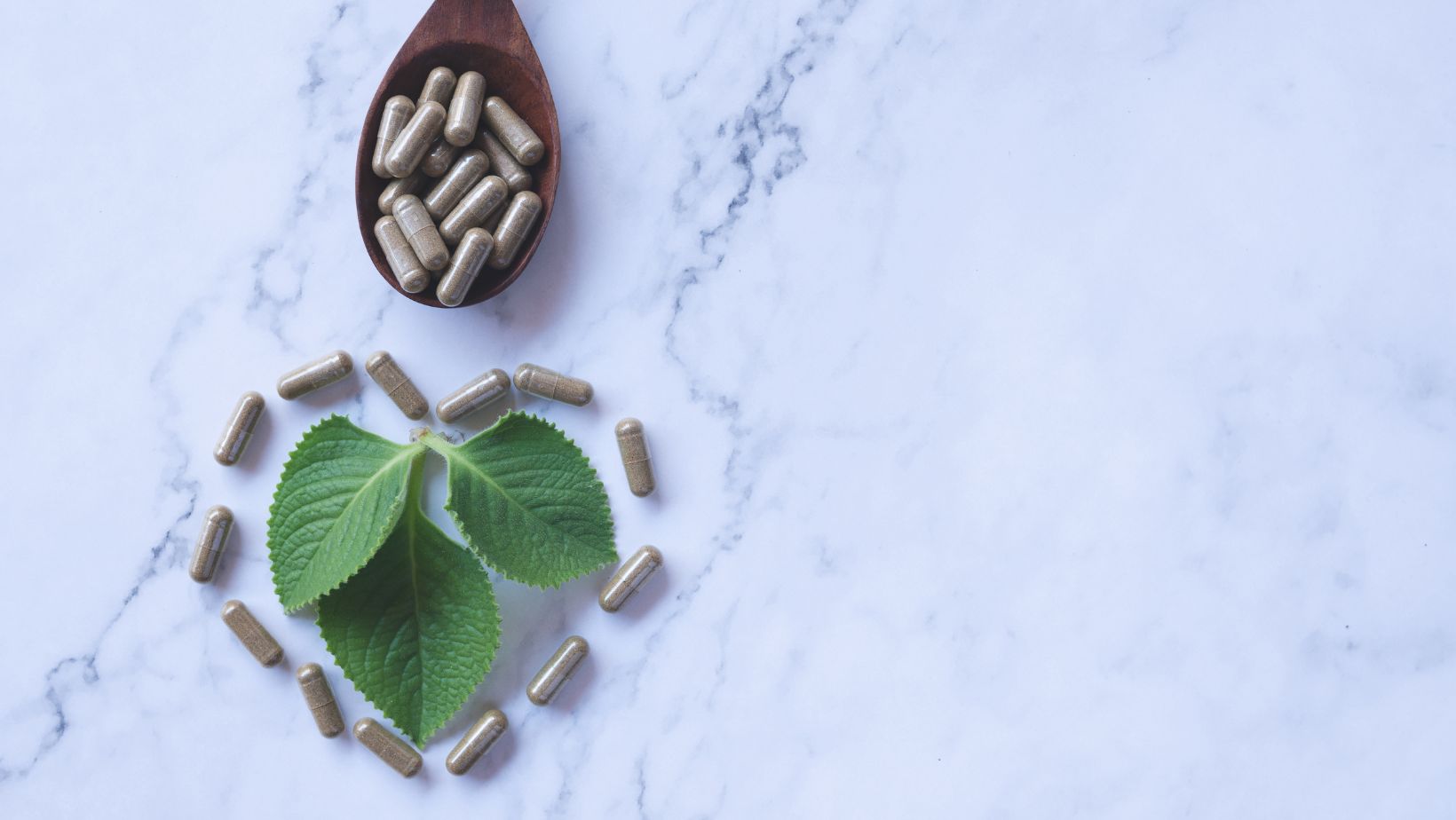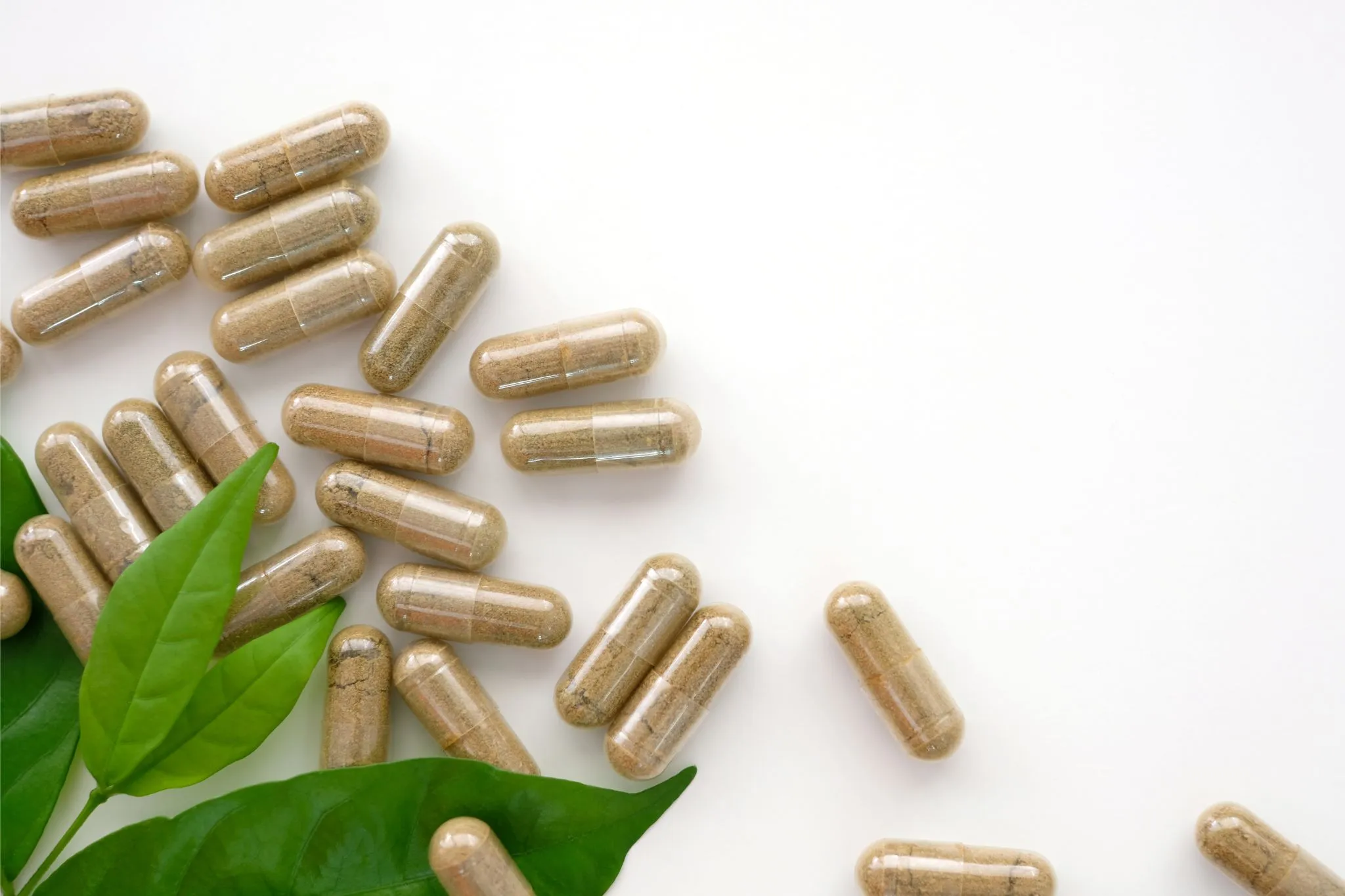Qing Dai (QD), or Indigo, is a formulation of Isatis Tinctoria leaves found to exert potent anti..
Read moreHow to Treat UC with Natural Compounds
- Crohn's & Colitis
- 5 min read
- Sep 27, 2022 - curqd

IBD cases are on the rise across the globe, even in regions with previously low incidences. First-line treatment largely consists of 5-ASA medications, with patients often escalated to steroids, immunosuppressants, and biological agents. Considering only one-third of patients on conventional therapies achieve remission, researchers and patients alike are exploring complementary and alternative (CAM) solutions to IBD.
A recent literature review of placebo-controlled trials on complementary approaches found that curcumin, the golden polyphenol extracted from the turmeric rhizome, showed “a positive impact on clinical and endoscopic remission”. Indigo naturalis (Qing Dai), a herbal compound used in Traditional Chinese Medicine (TCM), showed similar promise.
With mounting evidence to support the use of these compounds for IBD, researchers are now attempting to confirm the safest and most effective method of administering curcumin and Qing Dai to patients.
The History & Benefits of Curcumin
Curcumin is the bright yellow polyphenic extracted from the rhizome of turmeric. The compound is a powerful anti-inflammatory and antioxidant remedy used in the Ayurvedic medical tradition for thousands of years. Curcumin was originally used to treat blood disorders, liver disorders, and digestive ailments.
According to the latest research, curcumin is beneficial not only in inducing remission in UC but helping patients maintain remission for extended periods of time. Curcumin has been shown in placebo-controlled trials to significantly raise the rates of remission when used as an add-on therapy with 5-ASA medication, even in patients who were previously unresponsive to conventional treatment. This is because curcumin targets inflammation through multiple mechanisms, covering a broader spectrum than conventional medicine alone.
The Anti-inflammatory Mechanisms of Curcumin
First and foremost, curcumin targets inflammation by inhibiting pro-inflammatory cytokines triggered by overactive NF-kB signaling pathways, which can cause harmful immune dysregulation and lead to severe inflammation and tissue damage. Curcumin additionally suppresses the activity of interleukin-1 (IL-1β), and TNFα which is the target of biologics like Remicade and Humira. This makes curcumin a safer option for patients before starting biologic therapy.
Another vital benefit of curcumin for UC is its effect on oxidative stress, a leading cause of chronic inflammation. Curcumin neutralizes the activity of reactive oxygen species (ROS) and inhibits ROS-generating enzymes like LOX, COX, and xanthine oxidase. The compound also boosts the body’s own antioxidant defense system by increasing Glutathione (GSH) levels, an antioxidant produced within the body.
Last, but certainly not least, curcumin has a direct and positive effect on gut microbiota. IBD patients statistically show an imbalance of gut bacteria (known as “dysbiosis”), which researchers believe may contribute to the development of the condition itself. Curcumin appears to be able to recompose the balance of healthy and pathogenic bacteria in the gut, restoring homeostasis to the system. According to one review, IBD patients treated with curcumin showed lower levels of pro-inflammatory bacteria (e.g. prevotellaceae, coriobacteriaceae, enterobacteria, and enterococci) and higher amounts of the anti-inflammatory bifidobacteria and lactobacilli.
The History & Benefits of Qing Dai
Indigo naturalis was the most prized and luxurious dye of the ancient world, long known as ‘blue gold’. Indigo spread from the Persian Kingdom to China via the silk road, and perhaps the deep blue pigment was telling to the ancient physicians, for they shortly determined the potent cooling properties of the herb.
The 973 C.E medical book, Kai Boa Ben Cao (Kai Bao Materia Medica) notes that the dye could be used medically to “clear heat, reduce swelling and detoxify the body bitten by poisonous snakes and insects”. Indigo has been used ever since in TCM for a range of ailments including fevers, infections, tumors, skin diseases, and IBD.
The Evidence of Qing Dai for IBD
Modern research has confirmed the potent anti-inflammatory properties of Indigo, and a great many pharmacological properties aside. Indigo is an antioxidant, hemostatic, antibacterial, antiviral, immunomodulatory, and antipyretic. And according to numerous reports and clinical trials, Indigo can also repair intestinal mucosa and regulate intestinal flora, rendering it a highly promising therapy for ulcerative colitis.
We have clear evidence that Indigo can quickly alleviate severe intestinal inflammation and induce remission in patients with UC. There are many incidences of fast induction of remission, and mucosal healing – even in patients who did not respond to or benefit from conventional therapies.
There are myriad mechanisms at work in Indigo. Currently, we know that certain components of the compound can:
- Suppress pro-inflammatory cytokines such as interferon-α and interleukin-6
- Inhibit NF-κB pathway activity, which is abnormally high in UC patients
- Activate the AhR pathway, suppressing the production of proinflammatory cytokines like TNF-α, IL-1, and IL-6
- Induce production of interleukin 22, promoting regeneration of the mucosa.
How do you solve a problem like Qing Dai?
In 2018, a RCT on patients with Ulcerative colitis found that Qing Dai was able to induce a clinical response. The researchers warned against the therapy, though, due to the potential of adverse effects from prolonged use, notably pulmonary arterial hypertension.
However, a separate trial published in 2020 administered QD to UC patients for only 2 weeks and found it to be “highly effective without serious adverse effects”, including pulmonary hypertension and intussusception. The evidence suggests that Qing Dai can be safely used to quickly cease bleeding and induce remission, but should only be taken for short periods of time and therefore cannot be used to maintain remission.
The Combined Use of Curcumin & Qing Dai for UC.
Seeking a more comprehensive treatment model, researchers in Israel reported on the combined use of curcumin and Qing Dai (CurQDTM) on UC. Their protocol involved higher doses of QD initially, which ceased bleeding and showed endoscopic improvement, before tapering down the QD dose and supplementing with higher ratios of curcumin, which can safely support long-term remission.
The case report, published in 2022, showed, for the first time, that the combination of Curcumin and Qing Dai can induce and maintain remission in UC patients.
More Articles


Over the past decade, clinicians have conducted research on promising nutraceuticals for IBD wit..
Read more